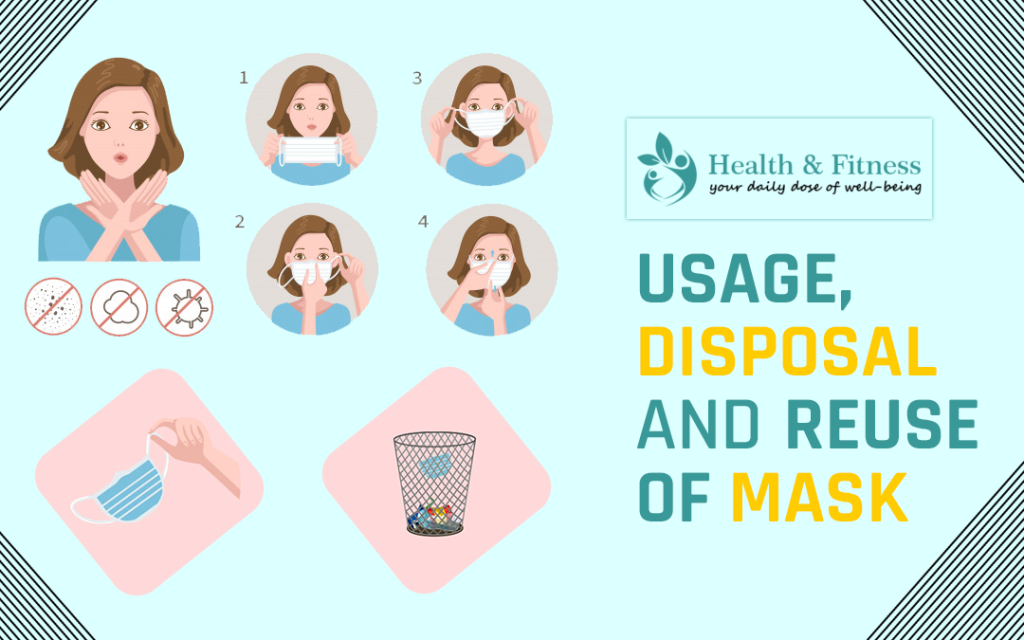The FDA granted EUA, i.e. an Emergency Use Authorization in the U.S. for the Pfizer-BioNTech Covid-19 vaccine on 11th December 2020, especially for people aged 16 years and older. The British government has approved the vaccine on 8th December 2020. And, Covid-19 vaccine was developed in Russia and China, and vaccines are developed in other countries as well. And, that agency also granted a vaccine to EUA developed by Moderna.
Covid-19 vaccines were started developing with testing on humans in March 2020. The FDA says that these Covid-19 vaccines are safe to take. But still, it is not clear that they are safe for pregnant women. It has been stated that two people in the U.K. after taking the Pfizer vaccine had worse allergic reactions. So, for now, people avoid taking this vaccine. People aged 18 and older can take vaccines developed by Moderna.

Moderna and Pfizer vaccines may require two doses, and health care workers have prioritized receiving doses. Various clinical trials are still underway for vaccines.
People, Who Should and Shouldn’t Avoid Taking Covid-19 Vaccines?
The following is the list of people who need to avoid taking covid-19 vaccines:
- Allergic people
- Breastfeeding and pregnant women
- Teenage
- People with some medical conditions
- People who have or had tested positive
Allergic People
If you are one of those who easily get allergy reactions, then it is recommended to avoid covid-19 vaccines. If people have allergies (food, pet, venom) from other things except for vaccination, then they can take it.
Breastfeeding and Pregnant Women
Pregnant women are at higher risk of covid-19, and because of insufficient data, WHO refuses the vaccination of pregnant women. If a lactating woman is a part of a health group, i.e. health workers, then they can take the covid-19 vaccine. Additionally, WHO doesn’t recommend breastfeeding women to discontinue breastfeeding after vaccination.
Read more: Covid 19 During Pregnancy, Childbirth and Breastfeeding: FAQ For Pregnancy
Teenage
Children who are 16+ can be vaccinated, so WHO doesn’t support the vaccination of children below 16 years, even if they are at high risk.
People with some medical conditions
Clinical trials have shown that the covid-19 vaccine is safe among those who have underlying medical conditions than those without medical conditions. Severe diseases may include diabetes, hypertension, liver or kidney disease, pulmonary and chronic infections that are controlled.
People who have or had tested positive
People, who have been infected with a virus, are more likely to take vaccines, and the vaccine is safe for them. People are recommended to get the covid-19 vaccine after 6 months. And, this gap is enough for those who have already taken the first vaccine.
Can Antibiotics Work Against COVID-19?
Antibiotics only work against bacterial infections, and they are not effective against viruses. People who used to take antibiotics are treating their secondary bacterial infections. Researchers are still making efforts to find other drugs to treat covid-19.
World Health Organization (WHO) has clearly mentioned that antibiotics are not an effective solution for treating Covid-19. So, keep this thing in mind that antibiotics can only prevent you from bacterial infections, not from viruses.
When it comes to Azithromycin, according to the researchers this can be a potential treatment for Covid-19. It has some anti-inflammatory effects and can reduce an overactive immune response to the virus.
The new version of the Coronavirus affects the respiratory system that can weaken the immune system. This is the reason why doctors are prescribing antibiotics to people to fight against secondary bacterial infection.
Foods That You Need To Restrict During COVID-19
Several food items you need to avoid during the Covid-19 outbreak and several food items you can eat to boost your immune system. Reaching out to the food that can soothe your soul would be a better option. Studies and researches have shown that when you are sick, then you need to take nutrient-rich food. If you are fighting with covid-19 infection, then it is more important to eat nutrient-rich food.
To get rid of covid-19, make sure to avoid food that can make the symptoms worse. The following list shows food that you need to avoid during covid-19:
Avoid packaged food
When you are fighting against covid-19, try to avoid food rich in sodium, added sugar, and more additives. This type of food can cause inflammation, which can be the barrier in the healing process. High inflammation can cause a high load on the immune system, and you may become more vulnerable to illness.
Restrict red meat
No matter whether you have covid-19 or not, but avoid eating red meat. Red meat is high in saturated fat that can cause inflammation. Instead of red meat, you can add food that has monounsaturated fat. Eat avocado, fish rich in omega-3 fatty acids, and olive oil.
Say no to fried food
Try to avoid deep-fried food because it is high in fat and can maximize the load on the immune system. Additionally, it can suppress immune function, so try to limit the consumption of fried food.
Limit spicy food
Spicy food can cause more irritation in your throat and can cause cough. If you already have a cough, then spicy food can increase it. If you do not have soup or drink to clear sinuses, then you can go for milder drinks.
Make Efforts to Hold Yourself Back from Covid-19
All o the covid-19 vaccine, food restriction, and antibiotics can help you get an idea of what is right for you and what is not. If you have or had covid-19, then you can see what food you need to avoid. People who are confused about whether they can get vaccinated or not can take a look at the above points. In short, in this blog, you can get an answer to your question.



